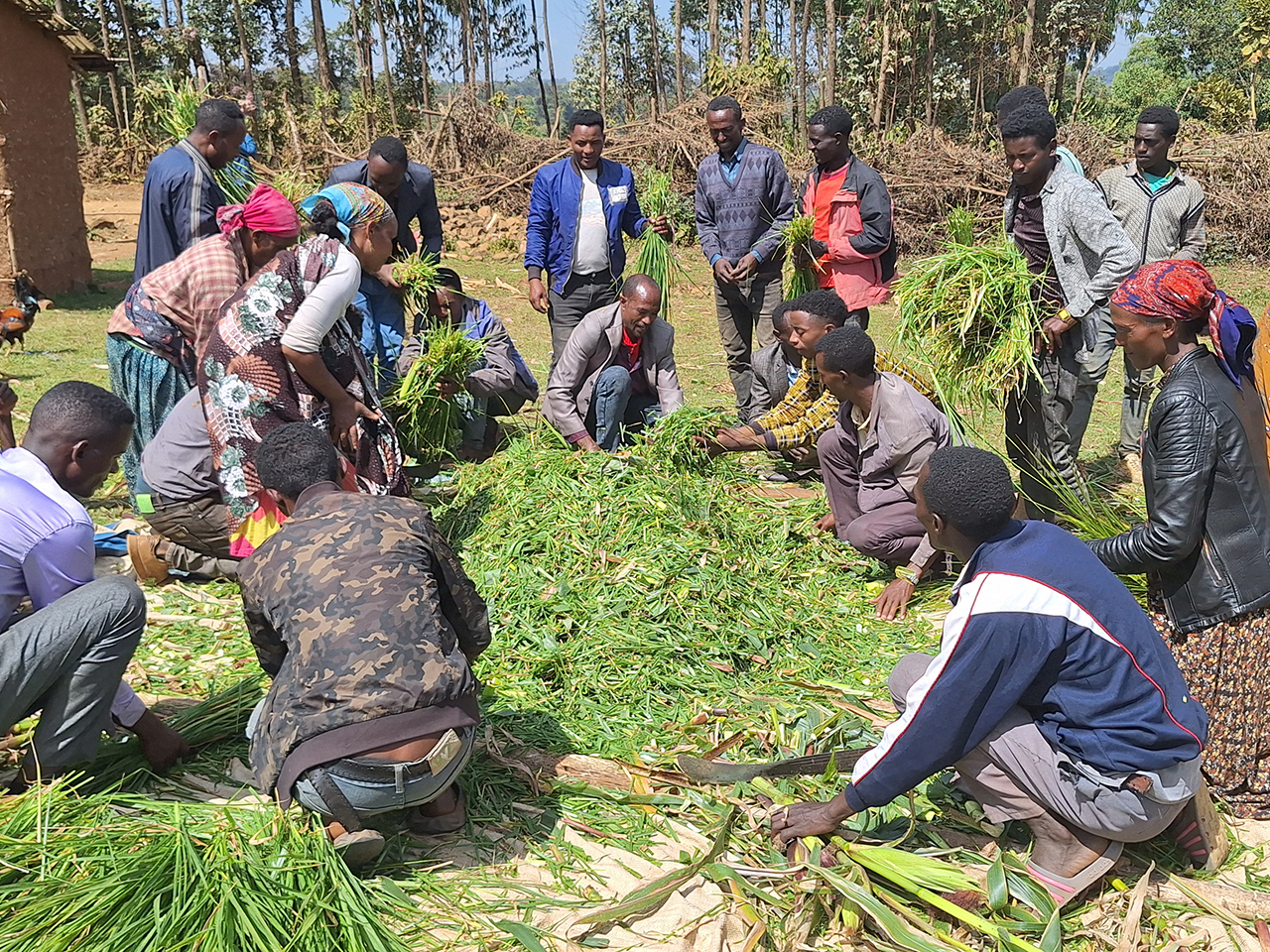
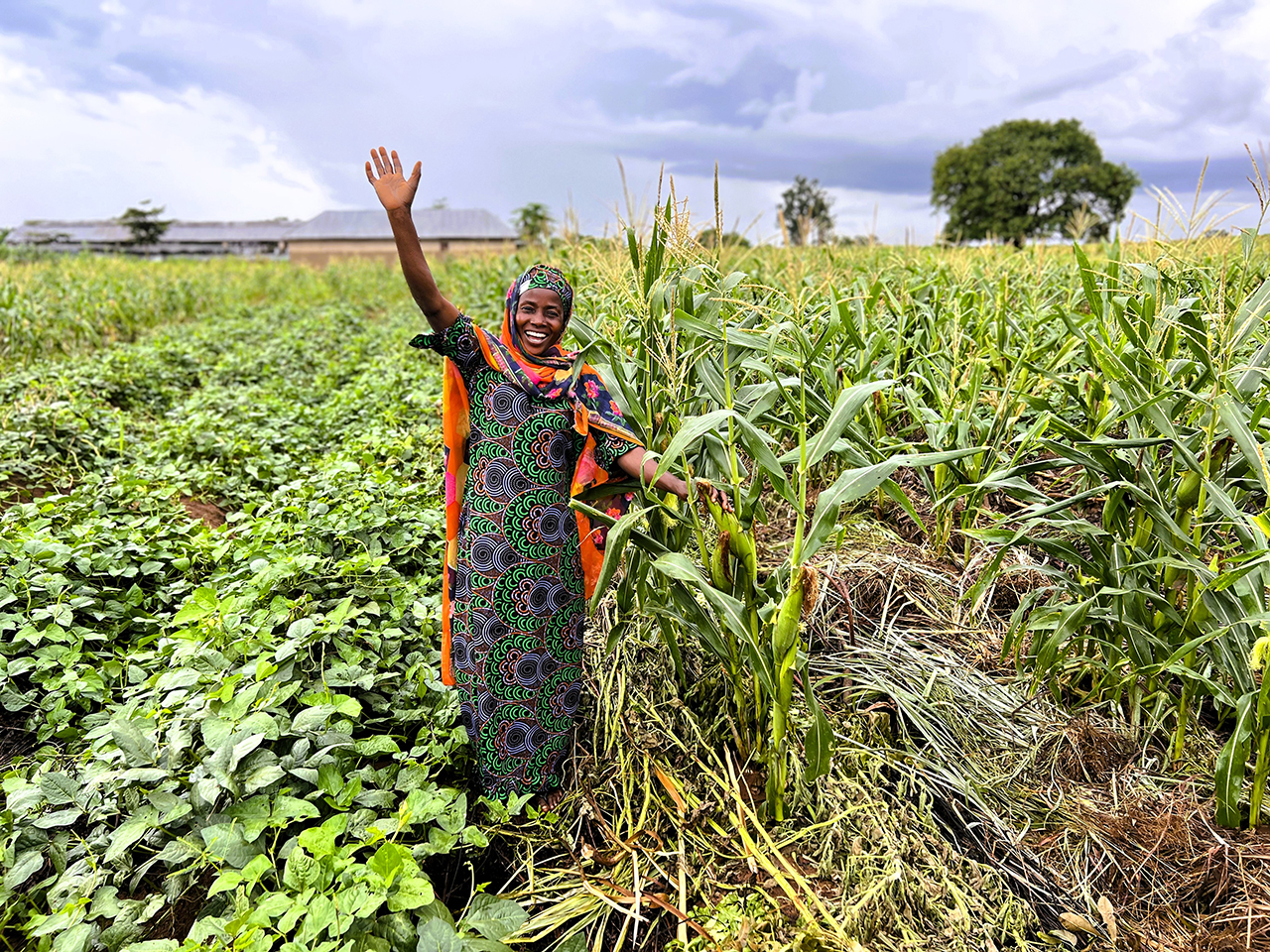
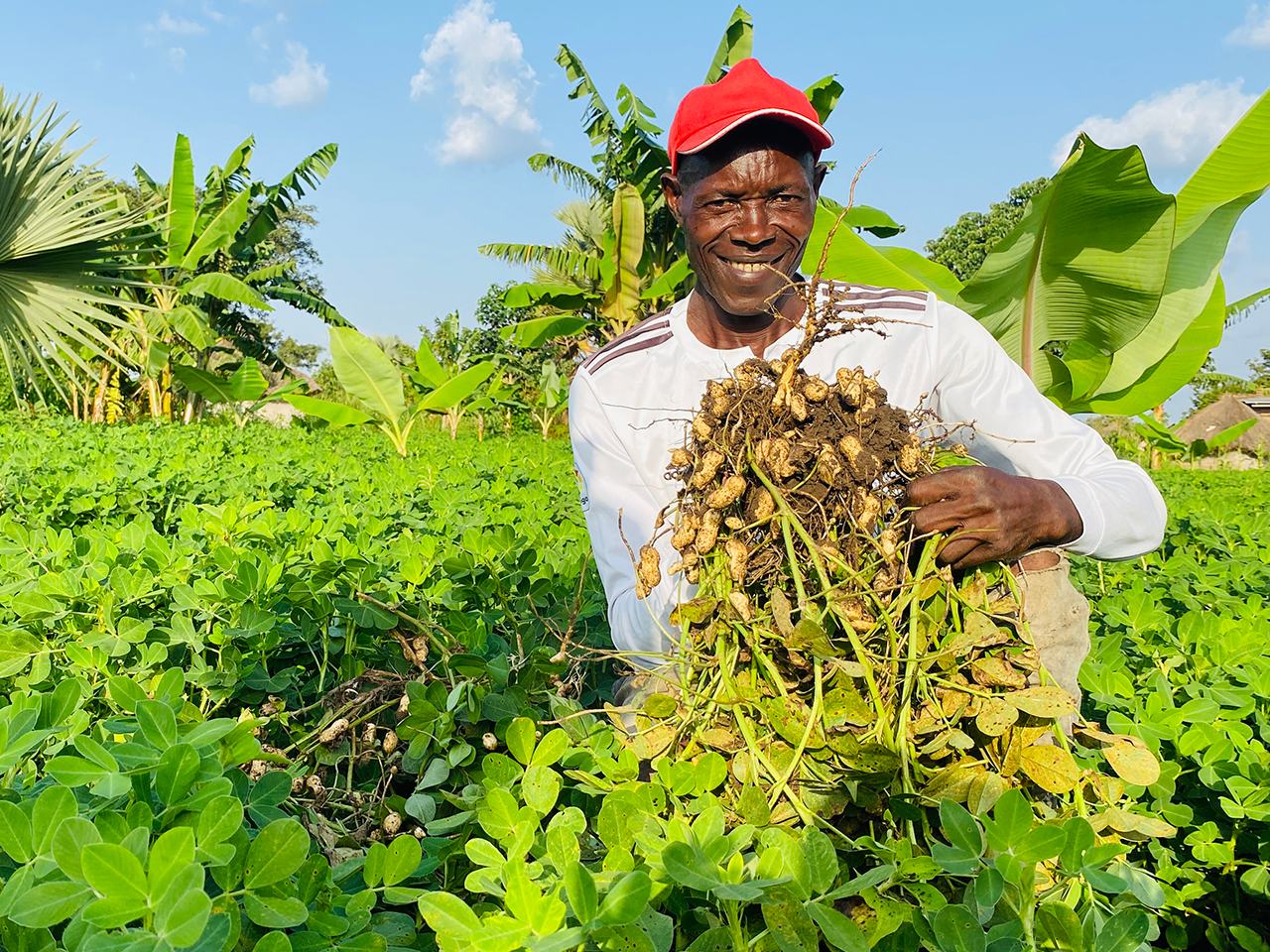
This official side event aims to explore critical challenges and opportunities in achieving the sustainable and inclusive growth of agriculture in Africa, focusing on regenerative agriculture and soil health as key entry points.
Healthy soils form the foundation of agricultural productivity and sustainability. However, soil degradation—driven by overuse, deforestation, erosion, and climate change—is advancing due to multiple interrelated factors, posing a serious threat to agricultural resilience and food system stability.
Addressing soil health also unlocks broader opportunities across the agri-food economy by enabling value addition, agro-processing, and climate-resilient value chains. It also expands the potential for youth entrepreneurship. Restoring soil health is therefore not merely an environmental measure, but a driver of inclusive growth and job creation.
The Soil Initiative for Africa (SIA) is a continent-wide opportunity to regenerate soils and position African youth as agents of transformation. In May 2024, the Africa Fertilizer and Soil Health Summit (AFSHS) was held in Nairobi, resulting in the adoption of the Nairobi Declaration, the official launch of the SIA, and the endorsement of a draft Africa Fertilizer and Soil Health Action Plan (AFSHAP) 2023–2033. Based on these frameworks, national, regional, and continental implementation plans are to be formulated by November 2025 and phased in through 2034. The African Forum for Agricultural Research (FARA) serves as the coordinating secretariat for SIA, playing a central role in driving this initiative forward.
This side event will explore soil health as a critical bottleneck in African agriculture, while also introducing the contributions and future perspectives of Japan—particularly those of the Sasakawa Africa Association (SAA) and the Japan International Research Center for Agricultural Sciences (JIRCAS). SAA, in partnership with the African Forum for Agricultural Advisory Services (AFAAS), serves as a co-lead organization for the “Extension, Advisory Services, and Human Capacity Development” component of SIA, and is actively engaged in promoting regenerative agriculture.
JIRCAS, as a co-organizer of this event, contributes scientific expertise and leads the TERRA Africa project—funded by The Nippon Foundation—which supports soil health restoration efforts in alignment with the SIA.
Expanding soil improvement initiatives in Africa is directly linked to enhancing productivity, food security, and environmental sustainability. By sharing knowledge and technology, Japan and Africa can scale up innovative soil management solutions, strengthen smallholder capacity, and work together toward a more resilient and food-secure future.
Complementary efforts such as the TERRA Africa project—funded by The Nippon Foundation and implemented with technical support from JIRCAS—also align with this vision. Select results from these initiatives will be introduced in this session.
Expanding efforts for soil improvement across Africa is directly linked to enhancing productivity, ensuring food security, and achieving environmental sustainability. By sharing knowledge and technology, Japan and Africa can scale up innovative soil management solutions, empower smallholder farmers, and jointly build a more resilient and food-secure future.
●The program schedule is subject to change.
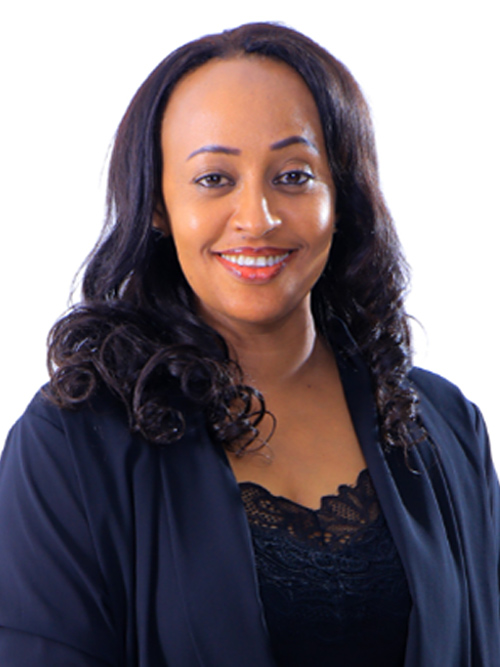
Ethiopia Tadesse, a Head of Communications and Advocacy of SAA, is a seasoned professional with a distinguished career spanning academia, government, the private sector, and international non-profit organizations. She plays a key role in shaping public engagement and policy dialogue in support of agricultural development.
Prior to her current role, Ethiopia led the Monitoring and Evaluation (M&E) team at SAA, contributing to results-based planning and impact assessment across programs in Ethiopia, Mali, Nigeria, and Uganda. Her background also includes extensive experience in project management and consulting, with a strong focus on information systems and institutional development.
Ethiopia holds an M.Sc. in Information Science from Addis Ababa University, where she also served as a lecturer and University Registrar. She has held senior leadership positions, including Chair of the Board of Directors at Abay Bank S.C., where she provided strategic oversight and governance. Her multifaceted expertise positions her as a key voice in driving inclusive and evidence-based development initiatives across Africa.
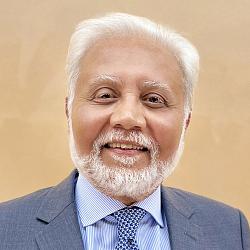
Dr. Amit Roy, Chair of SAA, is the former president and chief executive officer of the International Fertilizer Development Center (IFDC), has more than 40 years of experience in international agricultural development in more than 100 countries. Under Dr. Roy’s leadership, IFDC’s programs broadened to help create sustainable agricultural productivity around the world. From bringing farmers from poverty to prosperity to ensuring global food and nutrition security to environmental protection and economic growth, IFDC has helped farmers thrive. Among other honors, Dr. Roy was instrumental in organizing the Africa Fertilizer Summit in Abuja, Nigeria, in June 2006; in 2008 he spoke before the Hunger Caucus of the U.S. House of Representatives and in 2012 was appointed to the Steering Committee of the Global Nutrient Management Project of the United Nations Environment Program.
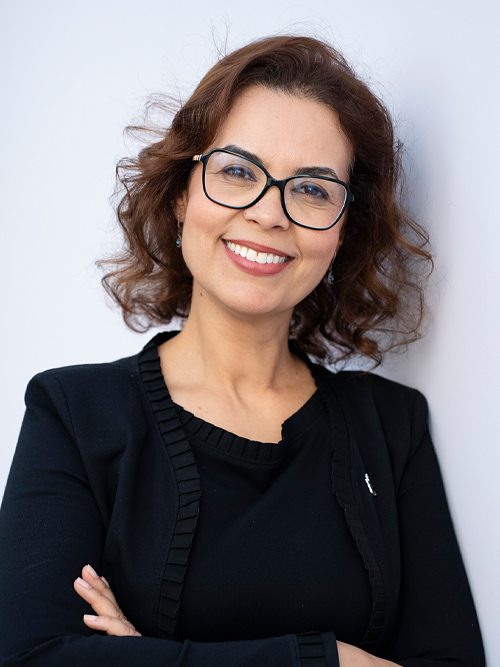
Dr. Ismahane Elouafi is the Executive Managing Director of CGIAR and a globally recognized leader in agricultural science and policy. She previously served as Chief Scientist at the UN's Food and Agriculture Organization (FAO) and as Director General at the International Center for Biosaline Agriculture (ICBA) in the United Arab Emirates.
She has held several senior scientific and leadership positions in Canada’s agricultural research institutions and contributed to global boards, including International Food Policy Research Institute (IFPRI), the Centre for Agriculture and Bioscience International (CABI) in UK, and the Professional Development Institute in Canada. She was also a member of the Scientific Group for the 2021 UN Food Systems Summit and the CGIAR System Board.
Dr. Elouafi is a strong advocate for diversifying into neglected and underutilized crops and rethinking food systems. She is internationally known for her work on promoting the use of non-fresh water in agriculture and the empowerment of women in science.
Her contributions to science and policy have earned her numerous international honors, including the TIME100 list of the world’s 100 most influential people (2025), National Reward Medal from Morocco (2014), and the Excellence in Science Award from the Global Thinkers Forum (2014), and she has been listed as one of the Most Influential Africans by the New African (2025), and recognized as one of the Top 50 Most Inspiring Women by Forbes Afrique (2025).
Dr. Elouafi holds a B.Sc. in Agricultural Sciences (1993) and an M.Sc. in Genetics and Plant Breeding (1995) from the Hassan II Institute of Agronomy and Veterinary Medicine, Morocco, and a Ph.D. in Genetics (2001) from the University of Cordoba, Spain.
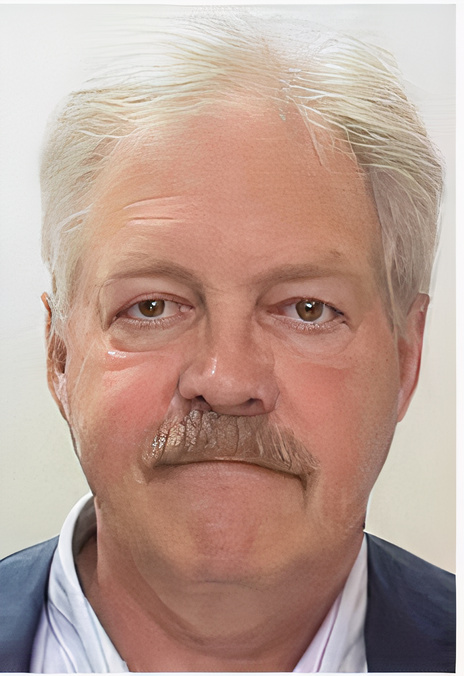
Dr. David Nielson is a development economist with a focus on agriculture and rural development. With nearly 30 years as Lead Agriculture Economist at the World Bank, Dr. Nielson’s work in agricultural development has been global in scope. Dr. Nielson for many years led the development and implementation of World Bank support for agricultural research in Africa. He also led World Bank support for agricultural extension and advisory service programs and led the revival of World Bank support for the development of human capital in African agriculture. Currently, he serves as Strategic Advisor to Africa’s continental networks in agricultural research (FARA, ASARECA, CCARDESA, and CORAF) and agricultural advisory services (AFAAS), chairs the International Advisory Panel for RUFORUM, and serves as Senior Advisor to the North American Agricultural Advisory Network. He holds a Ph.D. in Economics from the University of Chicago and a M.Sc. in Agricultural Economics from the University of Minnesota.
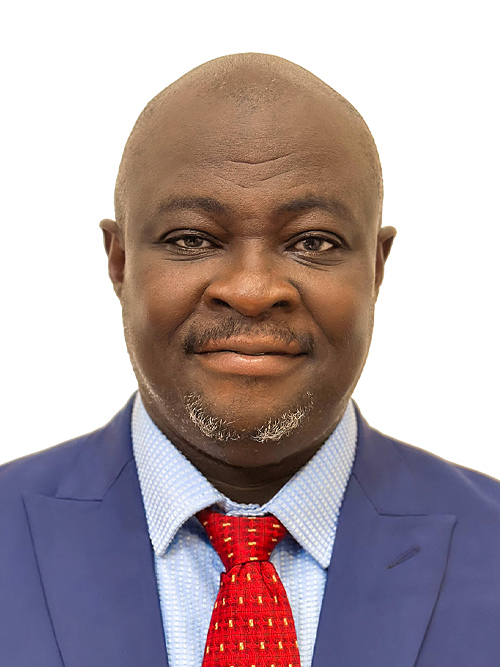
Dr. Wole is the Director of Research and Innovation at the Forum for Agricultural Research in Africa (FARA), with over 20 years of experience in agricultural research and development. He holds a PhD in Farming Systems Agronomy/Soil Fertility from the University of Ibadan, Nigeria, and has led major initiatives like the Sub-Saharan Africa Challenge Program (SSA CP), known for advancing the Innovation Platform model.
His career spans roles across Africa, including academic and leadership positions at the University of Fort Hare, Total Development International Foundation (TODEV), ARATI Environmental Ltd, and International Institute of Tropical Agriculture (IITA). He also contributes to high-level policy discussions as a member of the UN High-Level Panel of Experts on Agroecology and Other Innovations (HLPE-14) and various continental committees. Dr. Wole is an adjunct professor of Agricultural Innovation Systems at the University of Fort Hare in South Africa, a committed mentor to over 16 postgraduate students, and the author of more than 120 peer-reviewed publications.
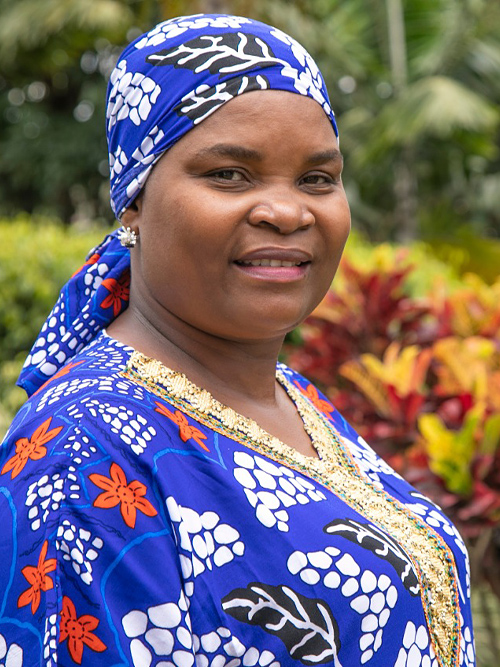
Ms. Elizabeth Nsimadala is a Ugandan agripreneur and smallholder farmer serving as President of the Eastern Africa Farmers Federation (EAFF). A prominent and passionate advocate for farmers across Africa having previously served as Africa representative on the Board of the World Farmers’ Organization (WFO) and former President of the Pan Africa Farmers Organization (PAFO). She plays key roles in global and continental initiatives, including the AU-EU Agriculture Task Force, FAO's One Country One Priority Commodity (FAO – OCOP), and the Forest and Farm Facility (FFF) by FAO. Ms. Nsimadala is deeply involved in cooperative development, agribusiness, and agricultural policy, serving on numerous Global, Regional and National boards and committees. Known for championing climate resilience and digital agriculture, she has earned multiple local and international accolades for her work with farmer organizations.
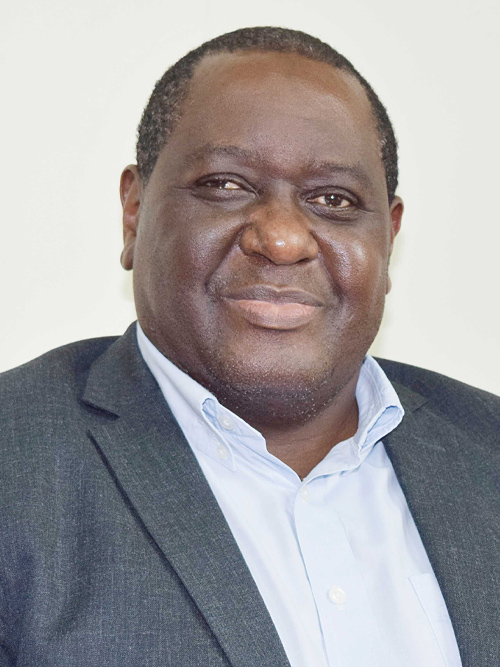
Dr. Mel Oluoch, Strategic Partnership Director of the SAA, joined SAA since 2018 as the Regional Director and is based in Addis Ababa, Ethiopia. He has a PhD in Horticulture from Virginia Polytechnic Institute and State University (Virginia Tech, USA) an MSc in Horticulture from Central Mindanao University (Philippines), and a BSc Degree in Agriculture from the University of Eastern Africa (Kenya). He has previously held R&D and leadership capacities at the World Vegetable Center, the International Institute of Tropical Agriculture (IITA), HarvestPlus, International Center for Tropical Agriculture (CIAT), and Wageningen Plant Research, The Netherlands. His work has focused on multidisciplinary R&D disciplines that integrates agriculture and nutrition through the development and dissemination of Agriculture technologies and best practices such as integrated crop management technologies, climate-smart agriculture practices, resilient crop varieties and nutrition sensitive technologies that impacts rural and urban communities in Africa. Currently he coordinates SAAs strategic partnerships to enhance the design and program delivery of practical and innovative agricultural extension and advisory service and capacity building systems in Africa. He also leads the resource mobilization strategy for SAA.
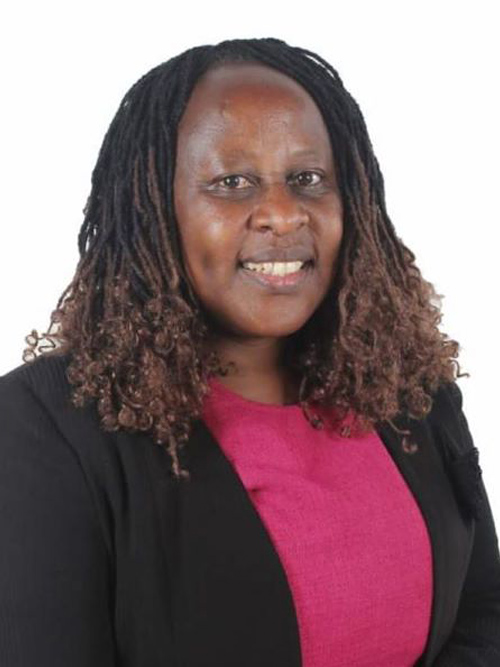
Dr. Lilian Lihasi, an expert in Agricultural Extension and Rural Development, is the Executive Director of AFAAS. She holds a PhD in Agricultural and Rural Innovations, an MSc in Agricultural Extension, and a Bachelor's in Agriculture and Home Economics from Egerton University, Kenya. She has led impactful initiatives in agricultural extension, policy, and rural development, demonstrating strong leadership as Extension Specialist and Director of Extension and Programmes at AFAAS. Her career reflects a deep commitment to last-mile delivery, partnership development, resource mobilization, and policy advancement. With a strategic and operational grasp of agricultural systems, she is known for driving transformative changes across research and development landscapes.
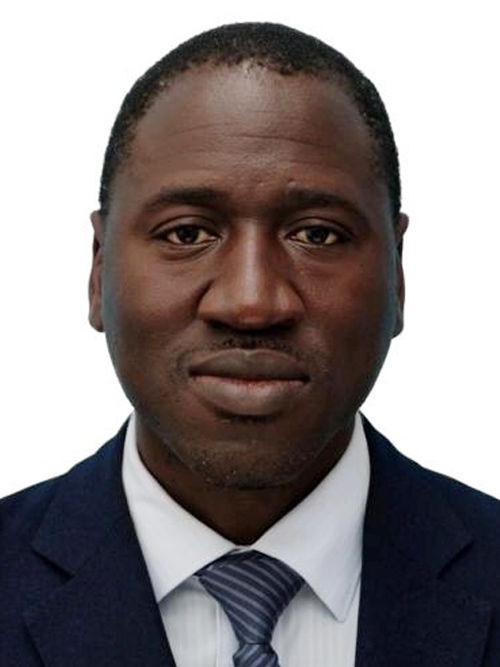
Dr. Papa Saliou Sarr is a Senior Researcher at the Japan International Research Center for Agricultural Sciences (JIRCAS) and an expert in soil microbiology and sustainable agriculture. A Senegalese national, he joined JIRCAS in 2016, where he plays a central role in various research programs, including the TERRA Africa project, advancing climate-resilient, farmer-centered agriculture across sub-Saharan Africa through innovations in soil health and regenerative agriculture (RA) practices.
Dr. Sarr holds a Ph.D. in Agricultural Sciences from Kyushu University, Japan (2010). He completed postdoctoral research at Kyoto University (2011–2016) and has a master's degree in plant biology from Cheikh Anta Diop University in Senegal. His research focuses on nitrogen and phosphorus cycling in tropical soils, particularly through microbial interventions that reduce dependence on chemical inputs while enhancing soil fertility and crop productivity in smallholder systems.
He is actively involved in collaborative, multi-country projects with universities and research institutes across Africa and Japan, including partnerships in Ghana, Madagascar, Burkina Faso, and Cameroon. Through these efforts, he contributes to both scientific advancement and capacity building for African agricultural systems.
Beyond his research, Dr. Sarr is deeply engaged in academic and cultural communities. He served as President of the Fukuoka Overseas Student Association (FOSA) from 2008 to 2009 and was a founding member of the African Society of Kyushu University (ASKU) and the African Diaspora Network Japan (ADNJ).
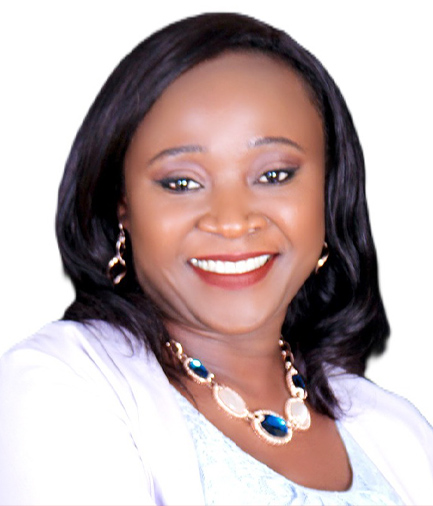
Dr. Stella Kabiri joined SAA in 2022 as Lead, Regenerative Agriculture. She is a trained Scientist in Production Ecology and Resource Conservation, with a PhD from Wageningen University, the Netherlands. She worked for the National Agricultural Research Organization (NARO) in Uganda as a Senior Research Officer and a Programme Leader for Technology Promotion and Outreach and acted as a Director of Research. She has worked extensively with farmer groups, policymakers and other stakeholders, to scale out proven Climate-Smart agricultural technologies. With support from the UN Economic Commission for Africa, Dr. Kabiri has a Post Doc. in Climate Research for Development (CR4D) at the African Academy of Sciences. She has a strong interest in negative carbon emissions in plant nutrition and sustainable nutrient use in crop production systems.
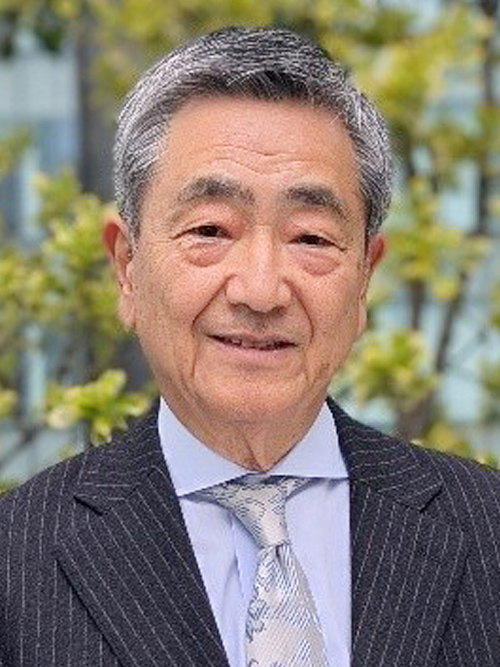
Mr. Shuichi Suzuki is the President of the Sasakawa Africa Association (SAA). He gained extensive international experience in the steel pipe trade through assignments at Sumitomo Corporation’s overseas offices in Baghdad and Singapore. He later held key leadership roles in the European Steel Pipe Division of Sumitomo Corporation Europe Group in Paris and London. In 2011, he was appointed as a Corporate Officer of Sumitomo Corporation, and in 2014, he became an Executive Officer, leading the organization as Head of the Steel Pipe Division. In 2017, he assumed the role of General Manager of the Energy Division, driving global business expansion.
After retiring from Sumitomo Corporation in 2019, he served as an Advisor and Counselor to the Mineral Resources & Chemicals Business Unit, while also assuming the role of Chairman of GYXIS CORPORATION. Throughout his career, Mr. Suzuki has contributed to advancing sustainable growth, global collaboration, and responsible resource management—priorities that resonate with SAA’s mission to transform African agriculture.